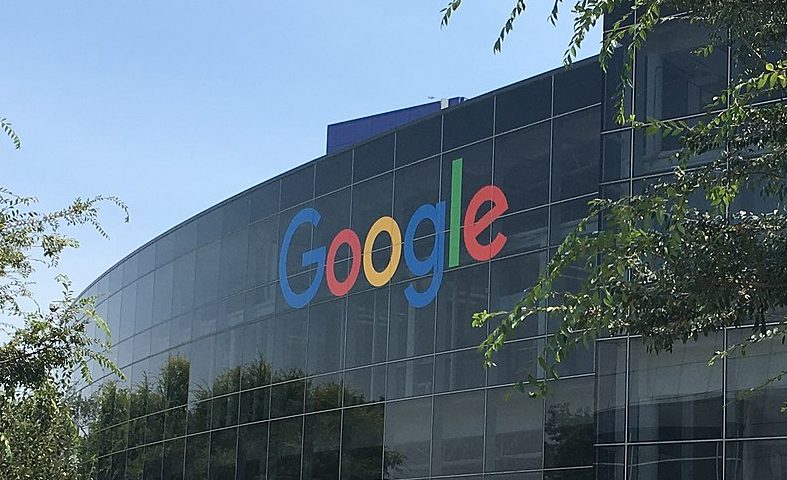The Justice Department and its state allies contend that Google (GOOGL.O) unlawfully stifled competition by paying billions of dollars to Apple (AAPL.O) and other business partners to ensure that its search engine would be the default for most devices and web browsers.
The U.S. government alleges that these deals were intended by Google to be “exclusionary” by denying rivals access to search queries and click-through traffic, and claims that the browser agreements have curbed consumer choice and industry innovation.
According to government estimates, Google currently holds about 90% of the U.S. search industry.
Kenneth Dintzer, arguing for the Justice Department, claimed that Google began to illegally maintain its monopoly in 2010.
“This case is about the future of the internet,” said Dintzer.
Naturally, Google sees things differently, and maintains that it did not break antitrust laws through its business agreements.
In a court filing from January, Google claimed that its browser agreements were “legitimate competition” as opposed to “illicit exclusion.”
Google claims that the agreements neither barred competitors from creating their own search engines nor stopped organisations like Apple and Mozilla from promoting alternatives.
It asserts that developers of phones and web browsers chose to make Google search the default in order to deliver the highest quality experience to their customers.
Google lawyer John Schmidtlein said that the payments, which run up to $10 billion annually, compensate partners for the work of maintaining the functionality and security of their software.
In most cases, it’s not illegal for a business to make exclusive arrangements with a customer.
However, exclusionary deals can violate antitrust law when a company is so large that it prevents industry competition, and when this cannot be balanced by a positive impact on consumers.
The U.S. and state allies are not seeking a monetary penalty, but instead hope for an injunction barring Google from continuing the alleged anticompetitive practices.
The trial is estimated to last about 10 weeks, however, the judge is not expected to make a ruling until sometime in 2024.






